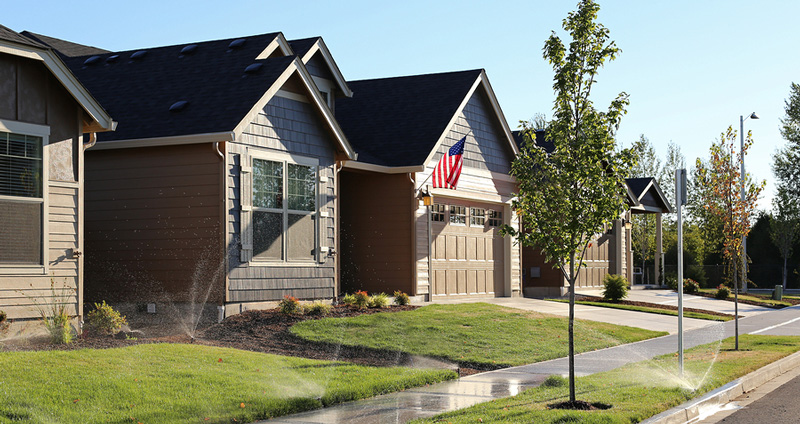
A few weeks ago the teens and I attended a summer camp in Tennessee that had a focus on service. For three days we spent our mornings doing yard work and maintenance for the elderly and those in need, in a neighborhood that looked a lot like any street you might drive down in your town. However, we learned that these streets were different. These streets had block leaders.
Our block leader, Ms. Glenda, was an elderly woman in a neat white house on the corner. Striding down the sidewalk, she welcomed us to her neighborhood and gave us instructions: “The woman in the grey house is alone and needs her yard cleaned up so her grandkids can play there. The couple across the street are fine, their son came from out of town this weekend and mowed the grass for them. My neighbor needs her hedges trimmed and then the woman down the street needs a ramp built for her wheelchair.”
I was impressed. Ms. Glenda ran the street with the precision of a C.E.O. and the compassion of a grandmother. We watched as she and her fellow volunteers monitored traffic, shared landscaping tools and looked after empty houses.
There’s a lot of talk about what’s best for our country right now — who should lead it and what exactly those leaders should do. While I don’t have all the answers to these questions, I know that leadership shouldn’t belittle, threaten or intimidate. Leadership is shown with love.
In the Gospel of Mark, Christ gives us the greatest commandments: “love the Lord your God with all your heart, with all your soul, with all your mind, and with all your strength” (Mk 12:30) and “love your neighbor as yourself” (Mk 12:31). Watching Ms. Glenda and her crew of volunteers, I saw this commandment taken to heart.
I don’t think I could name more than two or three of my neighbors. I know the rest by labels like “the one with the really green grass” or “the one with the dogs that bark loudly”. I regularly read, like and comment on status updates of friends across the country, yet I have no idea how I could help, encourage or learn from the family that lives a mere hundred feet to my right or left.
Catholic social teaching extols the importance of the principle of subsidiarity, that “neither the state nor any larger society should substitute itself for the initiative and responsibility of individuals and intermediary bodies” (Catechism of the Catholic Church, #1894). It reminds us that “there is no solution to the social question apart from the Gospel” (#1896). In other words, the state is no substitute for individuals caring for one another as the Gospels command us to.
Respect for all human life, care for the poor, compassion for the stranger and really following the command of Christ and loving our neighbor reaches far beyond any political party or platform. Working on Ms. Glenda’s street showed me that change in the world happens when individuals see their neighbors and how they can love them.


